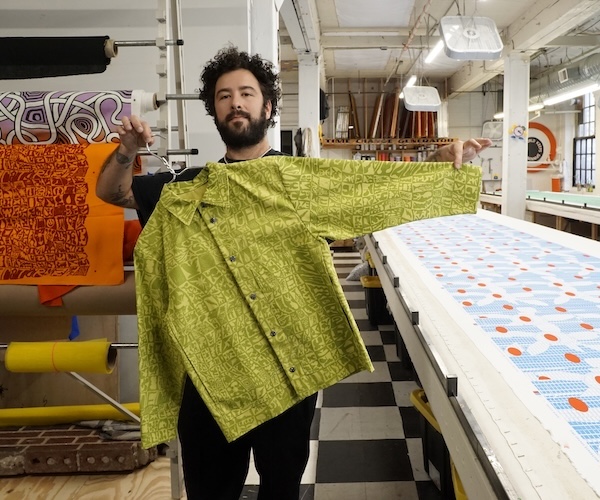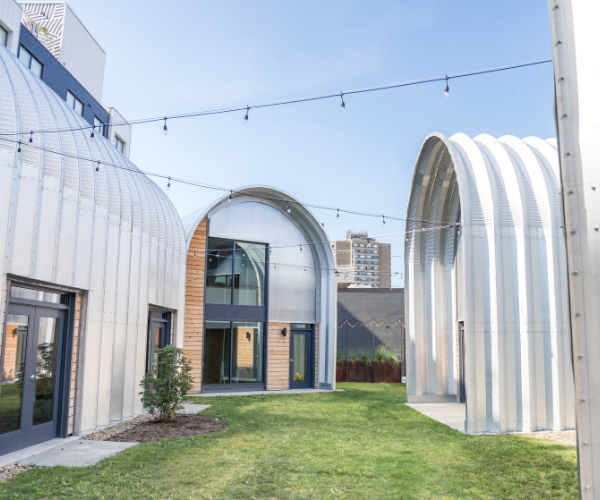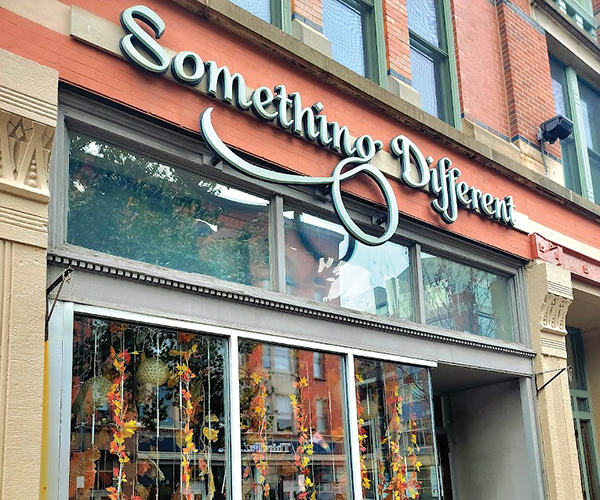Homebuyers Guide: What Record-Low Rates Mean For You
by Kristen Hampshire | Jun. 8, 2020 | 12:00 PM

The coronavirus stay-at-home orders and economic uncertainty jostled the market, leading interest rates to plummet to an all-time low. Chris Hartzell, partner at Union Capital Mortgage, had not experienced such volatility during his 23-year career. But what does that mean for homebuyers who are trying to secure a loan during this time, or for those considering trying to refinance their current loan? Here’s what you need to know.
Get More For Your Money
“Low rates allow people to afford more or to get a lower payment on the home they were thinking of purchasing,” Harztell says. With a low inventory of homes on the market, buyers should get preapproved for a loan. “Have your finances in order so you know what you are capable of buying and can act fast if necessary.”
Lenders Are Tightening Up
“Lenders have implemented some additional checks and balances and it’s in the best interest of banks and buyers,” Hartzell says. “Banks want to be sure the loans don’t go bad, and buyers don’t want to put themselves into a financial situation they will regret.” The biggest change is upping the credit score requirement for FHA financing. Hartzell says many lenders are looking for scores of 660 or greater rather than 600, which had been the threshold prior to COVID-19. Also, lenders expect you to verify employment up to and on the day of closing versus “almost up to the day of closing.”
Refinance To Boost Cash Flow
If you are staying put in your home for the long term and your mortgage interest rate is 4% or higher, now is the time to refinance. A lower monthly payment will increase monthly cash flow, and most homeowners recoup the cost of refinancing within a couple of years at the most, Hartzell says. Also, if you have at least 20% equity in your home, some lenders will drop the private mortgage insurance if you refinance. “A lot of buyers are taking advantage of dropping their PMI and interest rate,” he says.
Consider A Cash Out Refinance
Capture the equity you currently have in your home and turn it into cash to pay off debt or invest in home improvements. A cash-out refinance allows you to take advantage of today’s lower interest rates by replacing your existing mortgage with a new home loan. Put simply, you buy back your house, put equity back in, and take the balance of your equity out in cash. In most cases, the cash-out is limited to 80% to 90% of your home’s equity. Hartzell describes a friend who was considering a kitchen remodel next year. “I advised him to do a cash-out ‘refi’ so he could pull the money out for the project, put it in a bank account and save it until he is ready,” Hartzell explains. “Why wait to see what rates do a year from now?”
Trending
-
1
-
2
-
3
-
4
-
5










